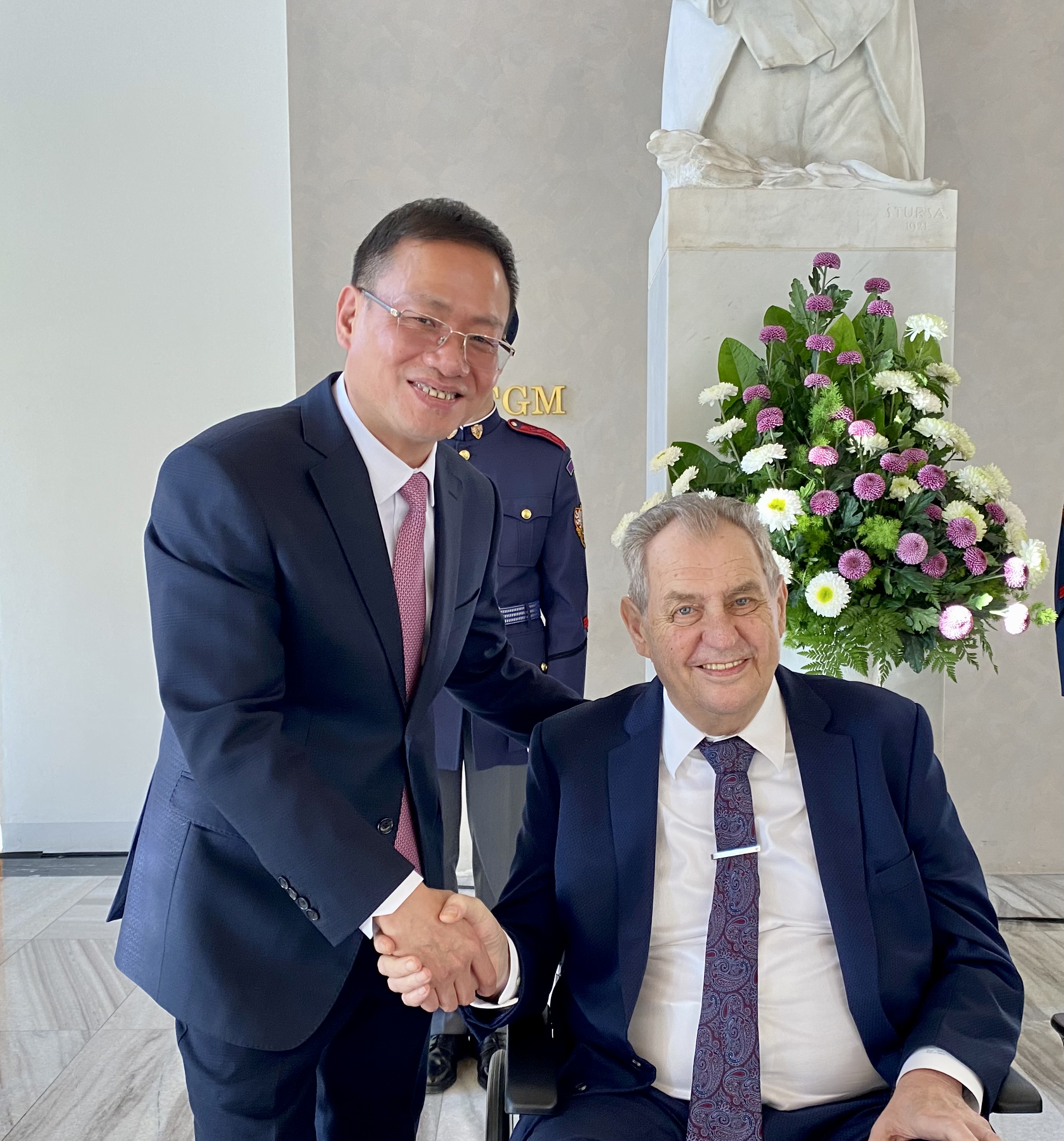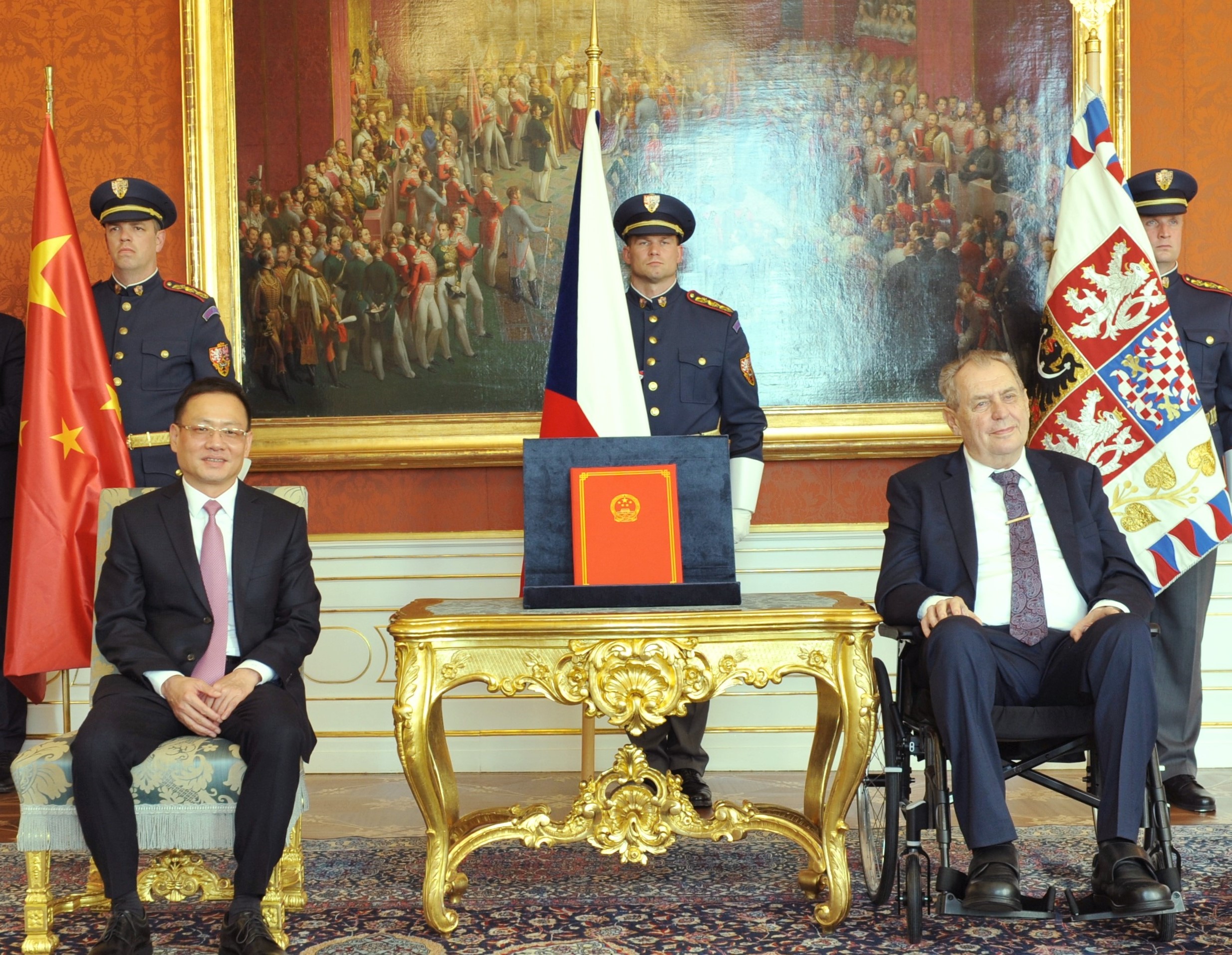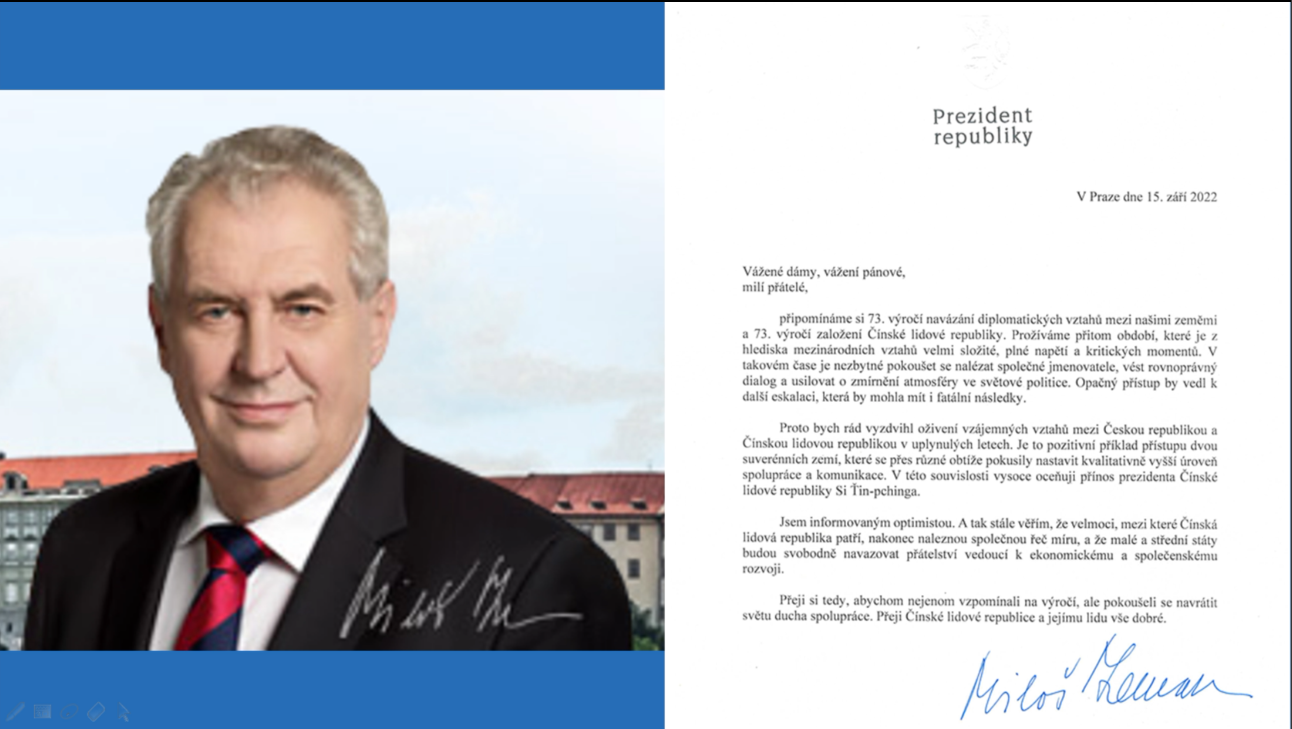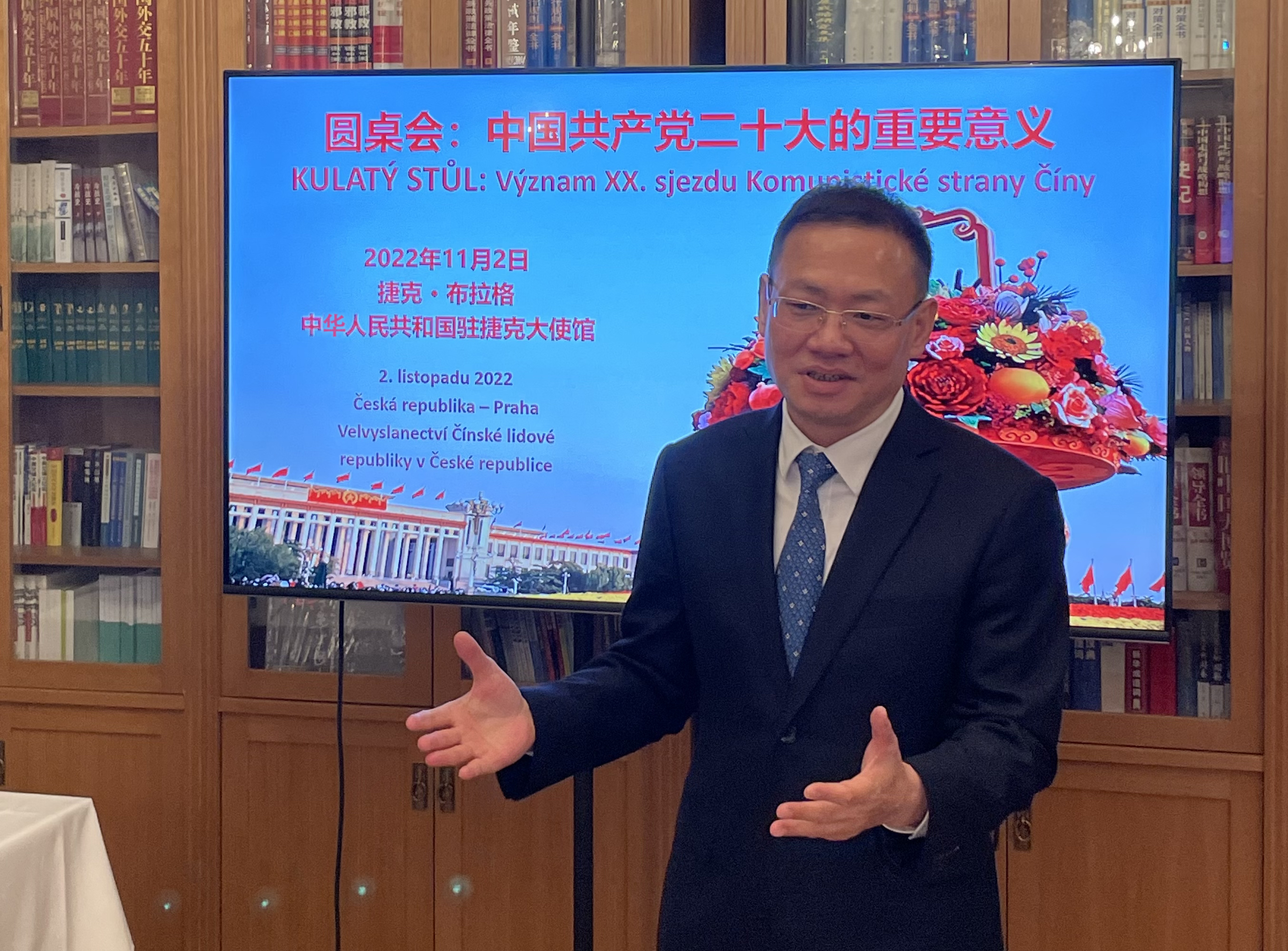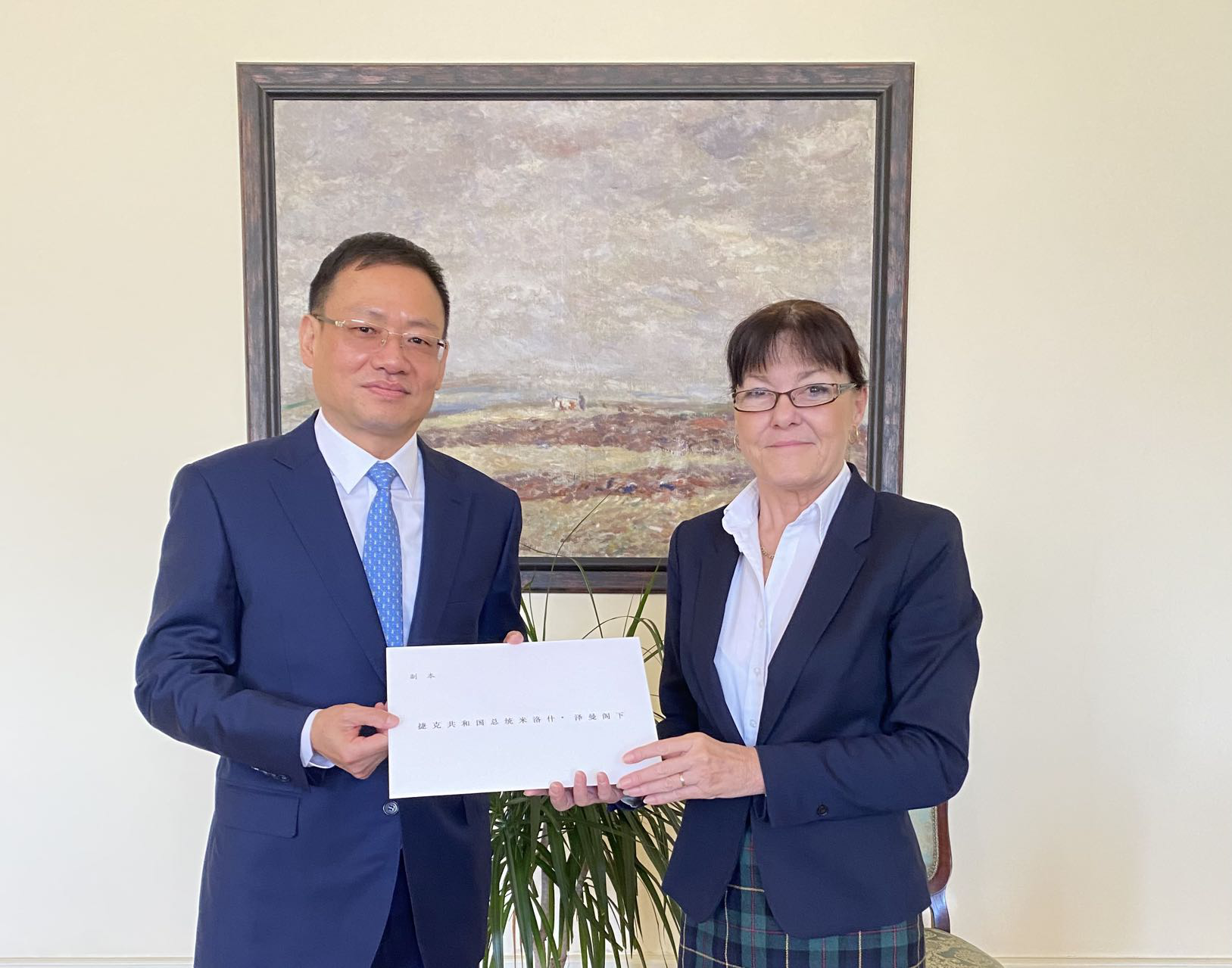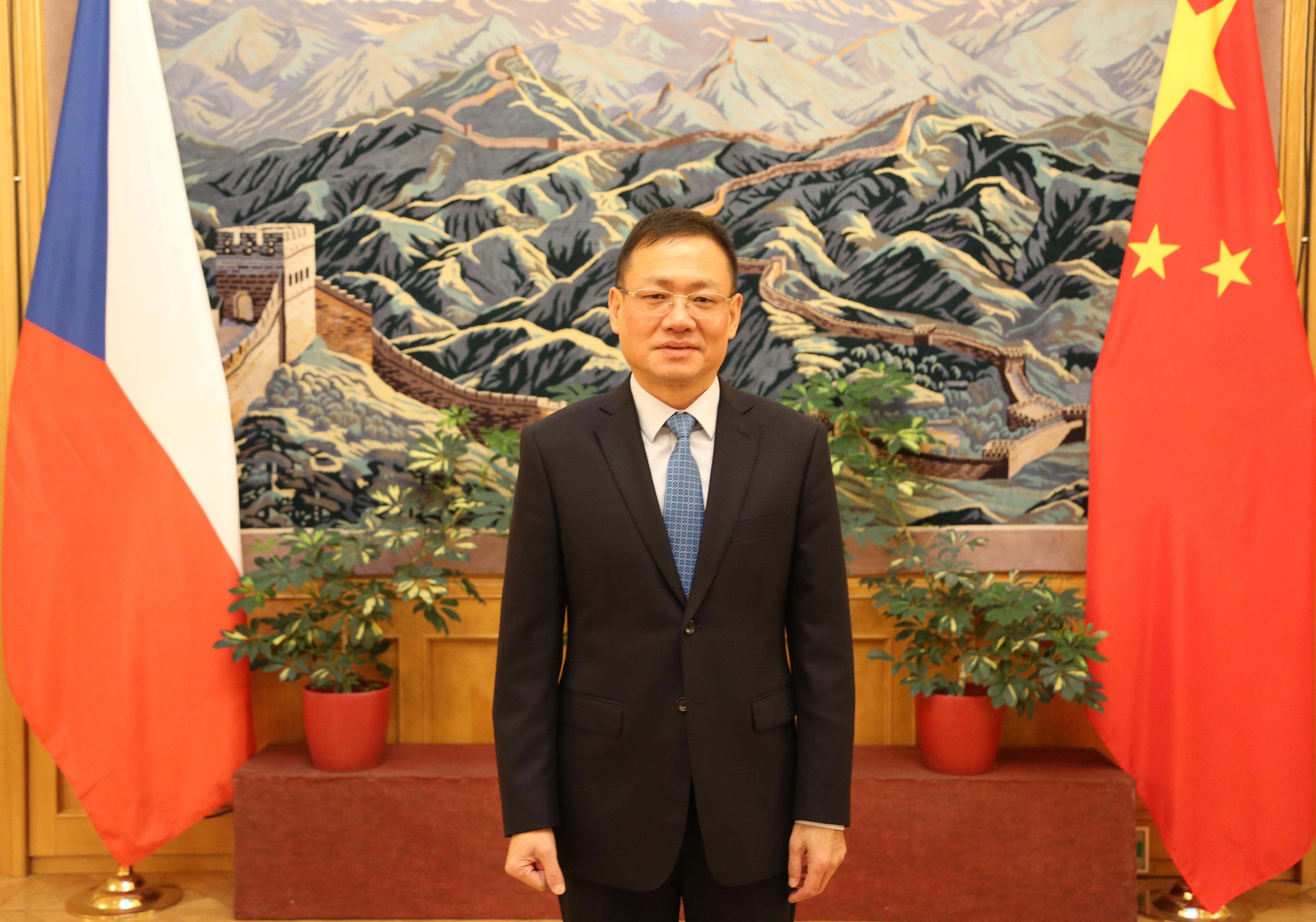| China scathing of Abe's Yasukuni visit |
| 2013-12-30 17:21 |
| BEIJING, Dec. 26 (Xinhua) -- China on Thursday condemned Japanese Prime Minister Shinzo Abe's visit to the Yasukuni shrine, saying the gesture is "a major new political obstacle" to already strained relations. "(We) strongly protest and condemn the Japanese leader's wrongdoing, which has deeply hurt the feelings of Asian war victims." Foreign Ministry spokesman Qin Gang said immediately after Abe's Thursday visit to the shrine, where 14 WWII class-A war criminals are honored. Abe's visit is the first by a serving Japanese prime minister since 2006. Former Japanese Prime Minister Junichiro Koizumi's annual visits to the shrine during his tenure from 2001 to 2006 were a major factor that affected the ties between Japan and its Asian neighbors. Japanese aggression brought atrocities to China and other Asian countries and deeply hurt the Japanese people, Qin said. Qin labelled the Yasukuni shrine as "a spiritual tool and symbol" of Japanese aggression in WWII. Abe's visit to the shrine whitewashes Japanese aggression and colonial rule, overthrows the international community's trial of Japanese militarism and challenges the post-war international order, said the spokesman. Qin said the prime minister's action has given Japan's neighbors, and the international community, every reason to be highly vigilant and deeply concerned over the road Japan will take in the future. Japanese politicians visiting the Yasukuni Shrine anger Japan's neighbors such as China and the Republic of Korea (ROK). Since Abe took office, his government has shown an irresponsible attitude to Japan's war history by refusing to apologize to its Asian neighbors and trying to revise the pacifist constitution. Qin said China-Japan relations have faced "severe difficulties" since the Japanese government announced in September 2012 its plan to "purchase" part of the Diaoyu Islands, a move that has contributed to the disintegration of bilateral relations. Qin slammed the so-called "China threat" incited by Japan, saying it severely damaged China's security interest. "In such circumstances, Japanese leaders showed no restraint, but went from bad to worse, making serious trouble on historical problems, which erect a major new political obstacle to the improvement and development of China-Japan relations," the spokesman said, adding Japan must "accept all the consequences". Officials with the Chinese Foreign Ministry and the Chinese ambassador in Japan will make solemn representations to the Japanese ambassador in China and Japan's foreign ministry, according to the Chinese Foreign Ministry. The government of Republic of Korea (ROK) also warned on Thursday that relations with Japan could tailspin to a historic low due to Abe's shrine visit. "Only if Japan faces up to and reflects on the history of invasion, takes the history as a mirror, can it develop a relationship oriented to the future with its neighbors," Qin said. He urged Japan take measures to correct its mistakes and eliminate the destructive right wing influence to regain trust of its neighbors and the international community with concrete actions. At a regular press briefing on Thursday afternoon, Qin again criticized Abe's visit as against the principle and spirit of the four political documents between the two countries, and a "major issue of principle" politically and diplomatically. "The real problem of the visit to Yasukuni Shrine is whether Japan can correctly understand and reflect on the real meaning and its history of militarism aggression," Qin said. This concerns the relationship between Japan and its neighbors, the political foundation of China-Japan relations, the outcome of WWII and the postwar international order, and peace and stability of Asia and the world, he added. "If Abe really respects his neighbors and wants to improve relations, he should visit the Nanjing Massacre Memorial Hall instead of the Yasukuni Shrine," Qin said. At least 300,000 Chinese were killed over the course of six weeks by Japanese invaders after the soldiers occupied the city of Nanjing in east China's Jiangsu Province on Dec. 13, 1937. With regard to Abe's claim that his visit is to mourn the heroes who fought and died for the country, and Japan's peace and prosperity were built on the basis of their sacrifice, Qin said history already has a judgement of the invasion. The Japanese leader's words are "confusing the public and confounding right and wrong". "Some Japanese politicians mention democracy, freedom and peace, while harking back to the spirit of militarism and redacting the history of invasion and colonization. This is blasphemy against democracy, freedom and peace," he said. |
|
||||||||||||||||
| ||||||||||||||||
|
|
||||||||||||||||

